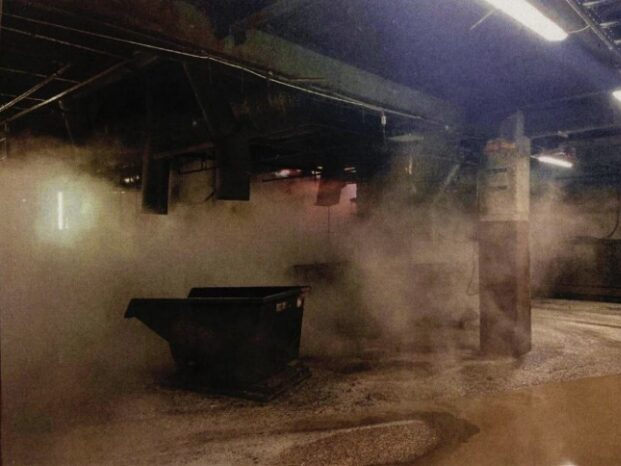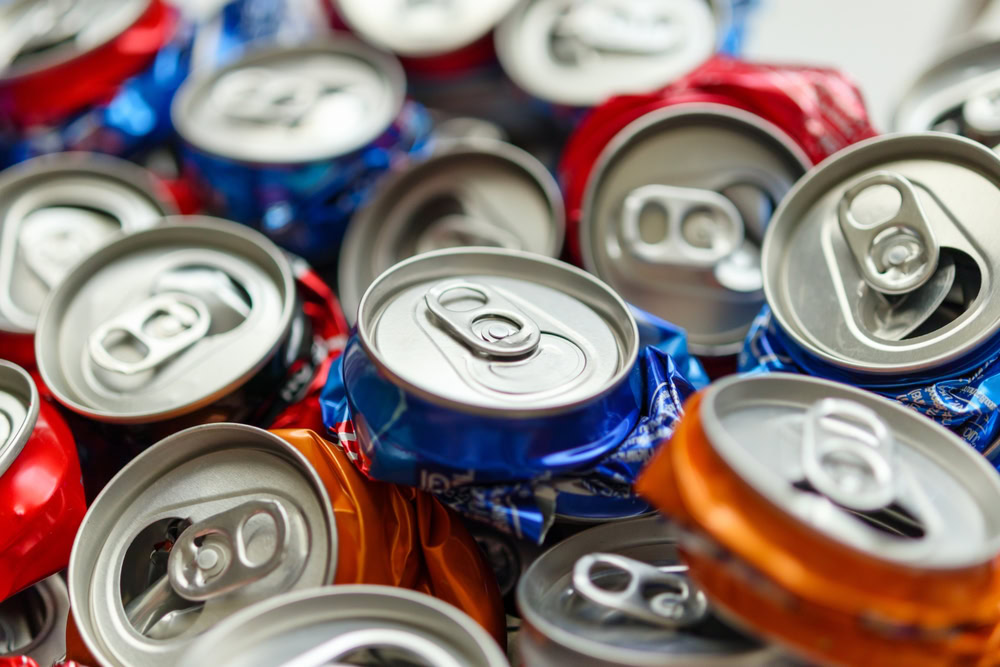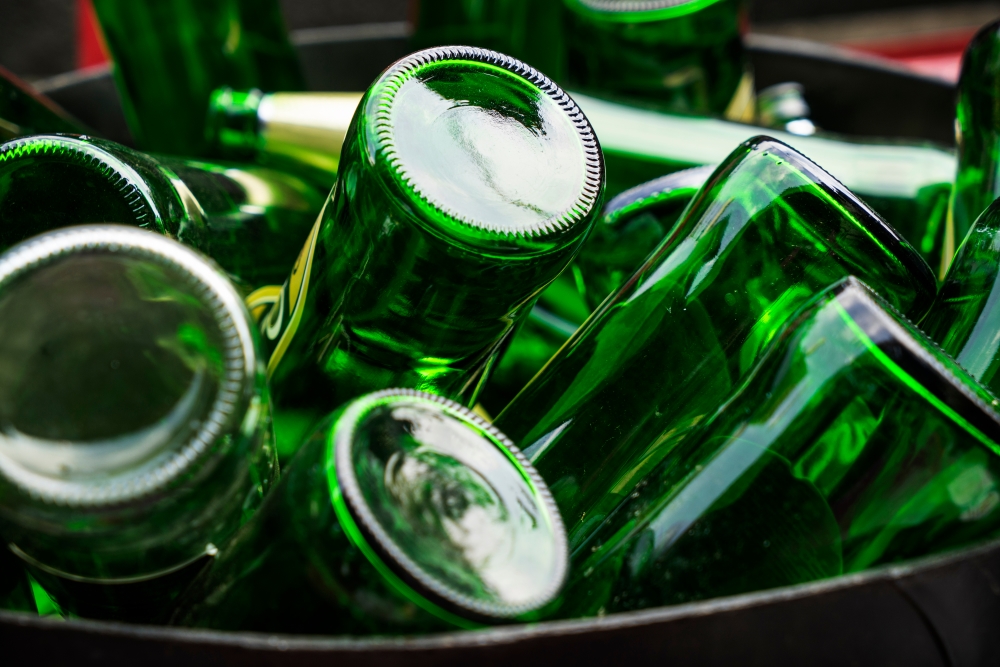But, a leading wine industry trade association has suggested it will be a tough challenge.
 WRAP believes thousands of tonnes of waste each year could be avoided with a different approach to bottling alcoholic drinks |
The Waste and Resources Action Programme believes if the wine industry as a whole switched to the “best in class” in terms of lightweight bottles already used in certain quarters, it would save the use of up to 107,000 tonnes of glass.
Persuading companies to import wines in clear glass, rather than green glass, would help provide a more sustainable market for used bottles, WRAP suggests.
This is because demand for glass from the container industry is dominated by the need for clear glass to suit UK production of spirits and foods since there is no real domestic wine industry.
Under its 8 million innovation programme, WRAP has already engaged with supermarket retailers to try to cut down on their waste, and in the glass side has been working with the Scotch Whisky industry.
Retailers
Speaking at Defra's packaging conference on Tuesday, Philip Ward, director of the Waste Implementation Programme at WRAP, said: “We are trying to work with the retailers and key wine importers to try to increase the proportion of wine that is bottled here. At the moment, you have Australian wines in bottles made in Saudi Arabia, that are taken all the way to Australia and then all the way back here.
“We also want to lightweight the bottles and are trying to get people to bring it in in clear glass rather than green,” Mr Ward added.
Mr Ward said that WRAP had already assembled data on who the key players are, with whom the government-funded organisation will need to engage.
Industry
However, speaking to letsrecycle.com, the Wine and Spirit Trade Association's head of technical and international affairs, John Corbet-Milward, said it would take a “lot of persuasion” to get wine suppliers to change the way they bottle wines.
“The problem we have had is persuading overseas suppliers,” he said. “The Italians, for example, are likely to ask why they should have to lightweight their bottles just for the UK market.”
Mr Corbet-Milward added that a lot of the influencing would come down to brand owners, and that while WRAP's work concentrated on the major retailers, only a small proportion of wines were supermarket own-brand and that supermarket buyers wanted a whole range of wines.
| Related links: |
On the plus side, he said it was feasible to transport wine in bulk to the UK for bottling, and in persuading overseas winemakers to bottle wines within the UK, he suggested that some of the less traditionalist wine producers would be the best place to start.
“European wines tend to be bottled at source, so anything would have to be targeted at third countries, like Argentina, the USA or Chile. However, if a product is properly handled, there is no reason why it can't be bottled in the UK,” Mr Corbet-Milward said.







Subscribe for free